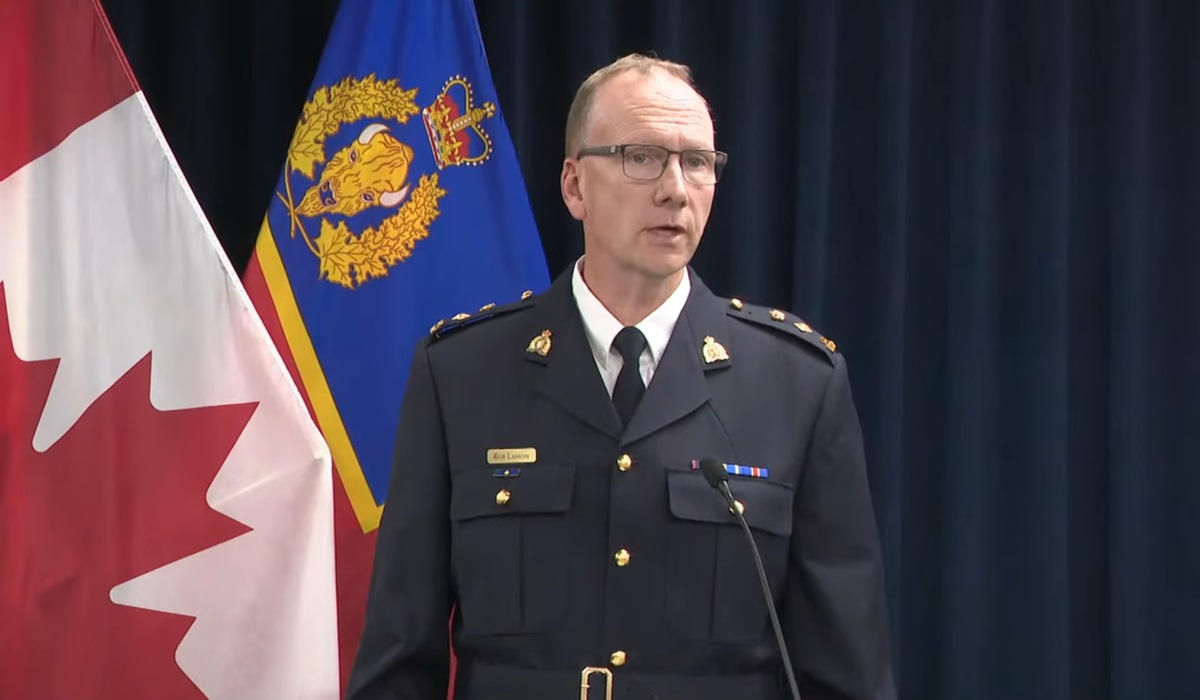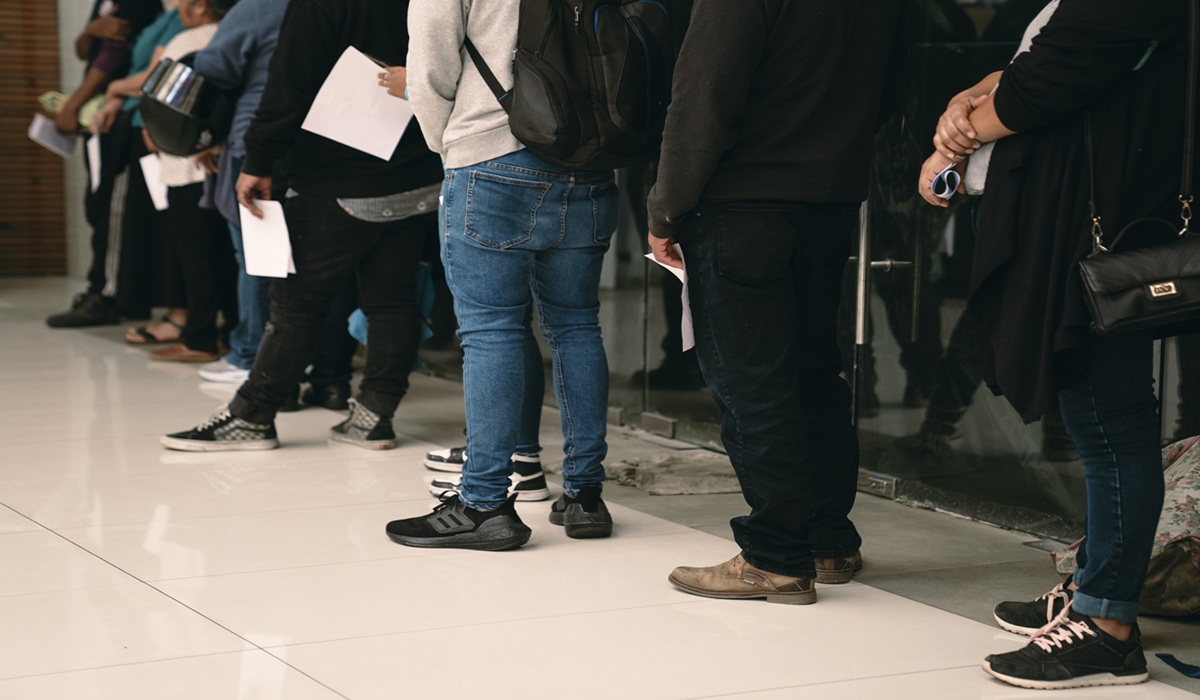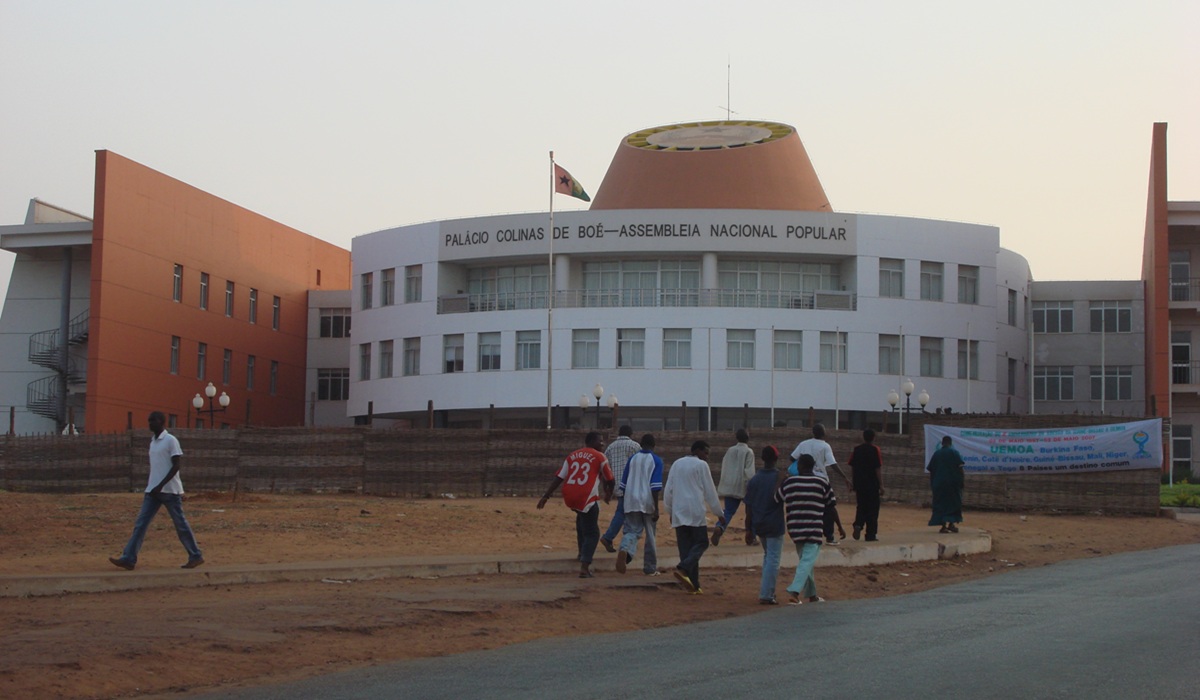Tragedy at Hollow Water First Nation Sparks Calls for Reform and Healing
- Naomi Dela Cruz
- Breaking News
- Indigenous
- September 5, 2025

Hollow Water First Nation, Manitoba — September 5, 2025: A devastating tragedy has left the Anishinaabe community of Hollow Water First Nation shaken and grieving after a horrific stabbing claimed the life of an 18-year-old woman and injured several others. According to the Royal Canadian Mounted Police, 26-year-old Tyrone Simard fatally stabbed his sister before attacking others in the community in what officers described as a “senseless act of violence.” The suspect fled the scene in a stolen vehicle and later died in a collision with a police cruiser. A responding RCMP officer was also seriously injured but is expected to survive. One of the victims, identified as Michael Raven, was stabbed and struck while resting in his home. Despite the severity of his injuries, he remains conscious and is expected to recover.
The crime has not only devastated the small, close-knit First Nation but has also raised troubling questions about the justice system. RCMP confirmed that Simard was out on bail at the time of the attack. This revelation has fueled renewed debates about bail reform in Manitoba and across Canada. Communities have increasingly voiced concerns that too many individuals facing serious charges are being released back into the public without adequate safeguards in place. In July, a similar outcry emerged in Teulon, where another homicide suspect was also free on bail. Residents there pleaded for changes to the system, arguing that too often families are left to suffer because of what they see as lax conditions and inadequate risk assessments. In Hollow Water, that anger is now mixed with deep sorrow.
The issue of mental health also looms large in the aftermath of the tragedy. Many in the community believe that this case illustrates the consequences of untreated or unrecognized struggles that can spiral into catastrophic violence. Indigenous leaders and advocates have long argued that mental health resources for First Nations remain underfunded, inaccessible, and culturally disconnected. The tragedy at Hollow Water has once again highlighted the urgent need for more comprehensive services that address trauma, provide intervention before crises escalate, and respect the traditions and healing practices of Indigenous peoples. It is not enough, they argue, to discuss bail reform in isolation without also confronting the deeper social and health issues that leave so many individuals and families vulnerable.
For the grieving families, the days and weeks ahead will be filled with mourning and an overwhelming search for meaning in the face of incomprehensible loss. Chief Larry Barker of Hollow Water First Nation urged his people to support one another and to find strength in unity, asking residents to pray for the victims and survivors. His words underscore the resilience that has long defined the community, even in the midst of tragedy. Healing will not come quickly, and the pain will remain raw for years to come, but there is hope that through ceremony, community support, and culturally grounded counseling, the path forward will at least be possible.
The broader implications of this tragedy reach far beyond Hollow Water. Across Canada, calls are intensifying for a justice system that properly balances the rights of the accused with the safety of communities. Critics argue that the current bail framework does not adequately consider the risks posed to victims, families, and the public. At the same time, mental health advocates stress that simply tightening bail conditions without addressing underlying issues will not prevent future tragedies. Instead, a dual approach is needed—one that makes the justice system more responsive and accountable, while also ensuring that mental health services are accessible, culturally relevant, and proactive.
Hollow Water First Nation is now left to grieve, to question, and to demand change. The scars left by this horrific act will run deep, but so too will the determination of the community to heal and to fight for reforms that could prevent other families from enduring similar pain. The tragedy stands as a reminder of how fragile safety can be, how urgent the need for systemic reform truly is, and how essential it is to prioritize both justice and compassion as the community begins its long journey toward healing.








